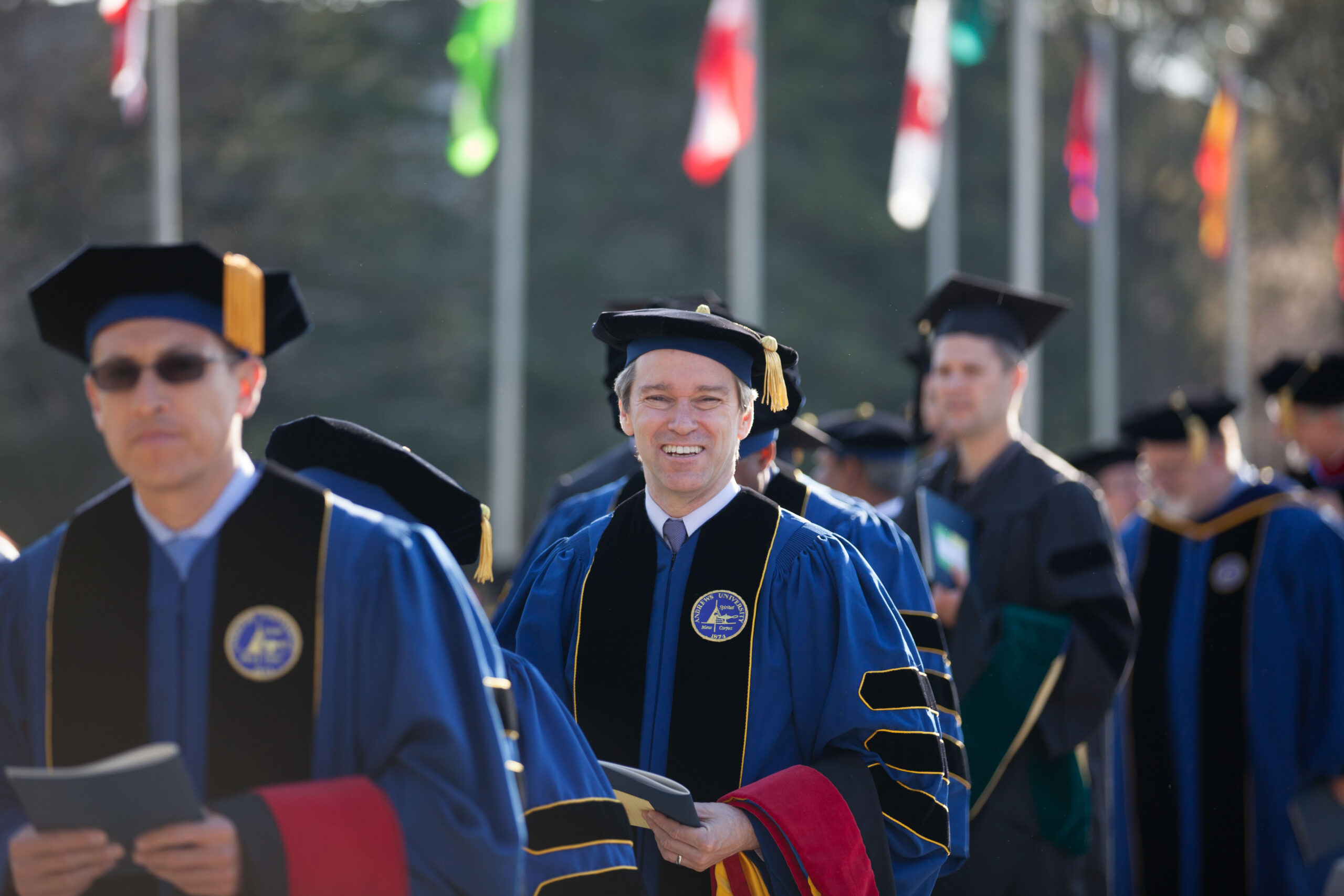In the rapidly evolving domain of machine learning, aspiring graduate students often find themselves at a crossroads: which program will most effectively equip them with the necessary skills and knowledge? This inquiry not only demands attention to the curriculum but also invites a deeper exploration of the interplay between theoretical foundations and practical applications. In this analysis, we will meticulously dissect several prominent graduate programs to ascertain which might serve as the most beneficial conduit for a career in machine learning.
First and foremost, it is imperative to consider the broad spectrum of graduate programs available. These include traditional computer science degrees, specialized data science programs, and interdisciplinary options that merge aesthetics from engineering, mathematics, and cognitive sciences. Each of these disciplines contributes distinct vantage points that augment a student’s comprehension of machine learning.
The traditional computer science graduate program stands as a stalwart for many who seek to delve deeply into the intricacies of algorithms and data structures. This program often encompasses a comprehensive foundation in theoretical computer science, preparing students to tackle computational problems with elegance and rigor. Subjects such as complexity theory, graph algorithms, and software engineering principles furnish students with vital analytical skills. However, while this framework offers crucial insights into problem-solving methodologies, it may inadvertently overshadow practical machine learning applications unless complemented by hands-on experience in data analysis and model training.
On the other hand, a specialized program in data science can offer a more tailored approach, focusing specifically on the fields of data manipulation, statistical modeling, and machine learning techniques. This curriculum typically emphasizes coursework in programming languages common in the industry, such as Python and R, as well as critical analytical skills required for real-world data interpretation. Students often engage in capstone projects or internships, thereby enhancing their employability by acquiring practical experience while still in academia. Nonetheless, the risk of becoming overly specialized in data science can manifest, leaving graduates less versed in the theoretical underpinnings that govern machine learning frameworks.
Interdisciplinary graduate programs represent a harmonizing approach that melds principles from various fields into a robust curriculum focused on machine learning. For instance, programs that integrate neural computation, statistics, and cognitive psychology delve into how algorithms mimic human learning processes. These interdisciplinary approaches foster a deep understanding of the underlying mechanisms of machine learning, often leading to innovative breakthroughs in the field. Yet, navigating the breadth of an interdisciplinary program may pose challenges for students who seek definitive mastery over specialized tools and technologies.
Furthermore, it is crucial to assess the significance of faculty expertise and research opportunities when evaluating graduate programs. Institutions that boast a cadre of experienced faculty members, recognized for their contributions to machine learning research, provide an invaluable resource for graduate students. Collaboration on research projects can ignite intellectual curiosity and a desire for innovative problem-solving. Exposure to cutting-edge advancements and participation in scholarly publications bolster a student’s resume and instill confidence in their capabilities. Conversely, programs lacking strong faculty connections may restrict students’ exposure to the forefront of machine learning innovations.
As the demand for machine learning practitioners continues to escalate across industries, the relevance of industry partnerships in graduate programs intensifies. Collaborative initiatives or internship opportunities engender practical experience, allowing students to apply theoretical knowledge in real-world settings. Programs that prioritize engagement with tech companies, startups, or research institutions create pathways for students to transition from academia to industry seamlessly. Those institutions entrenched in vibrant tech ecosystems often facilitate this synergistic relationship, resulting in graduates who are highly sought after in the job market. Programs devoid of such industry affiliations may struggle to offer students the essential experiential learning opportunities that can set them apart when entering the workforce.
In addition to program structure and faculty acumen, the pedagogical methods employed by a graduate program deserve scrutiny. Programs that incorporate project-based learning, for example, foster a hands-on experience that is immensely valuable. Collaborating in teams on datasets to develop machine learning models cultivates crucial skills such as code collaboration, version control, and iterative improvement methodologies. Relying predominantly on traditional lecture-based teaching impedes the practical application of theoretical knowledge, resulting in a disconnect for students trying to grasp complex machine learning concepts.
The question of which graduate program is ultimately more helpful in machine learning necessitates a nuanced and individualized answer. A student’s previous background, career aspirations, and preferred learning methods significantly influence which path will be most beneficial. For instance, those with a strong mathematical foundation might thrive in a traditional computer science program, while individuals with practical experience might find more value in a specialized data science program. Conversely, students seeking to explore the intersections of machine learning with other fields could benefit from an interdisciplinary approach.
In conclusion, while it is tempting to posit that one distinct program reigns supreme, the reality is far more intricate. The landscape of machine learning education is populated with numerous graduate programs, each offering unique strengths and weaknesses. A careful consideration of each program’s curriculum, faculty expertise, industry connections, and pedagogical methods allows prospective students to forge a path tailored to their personal and professional goals. By embracing a program that not only promises a shift in perspective but also piques curiosity through an engaging learning environment, students are well-positioned to thrive in the dynamic world of machine learning.












